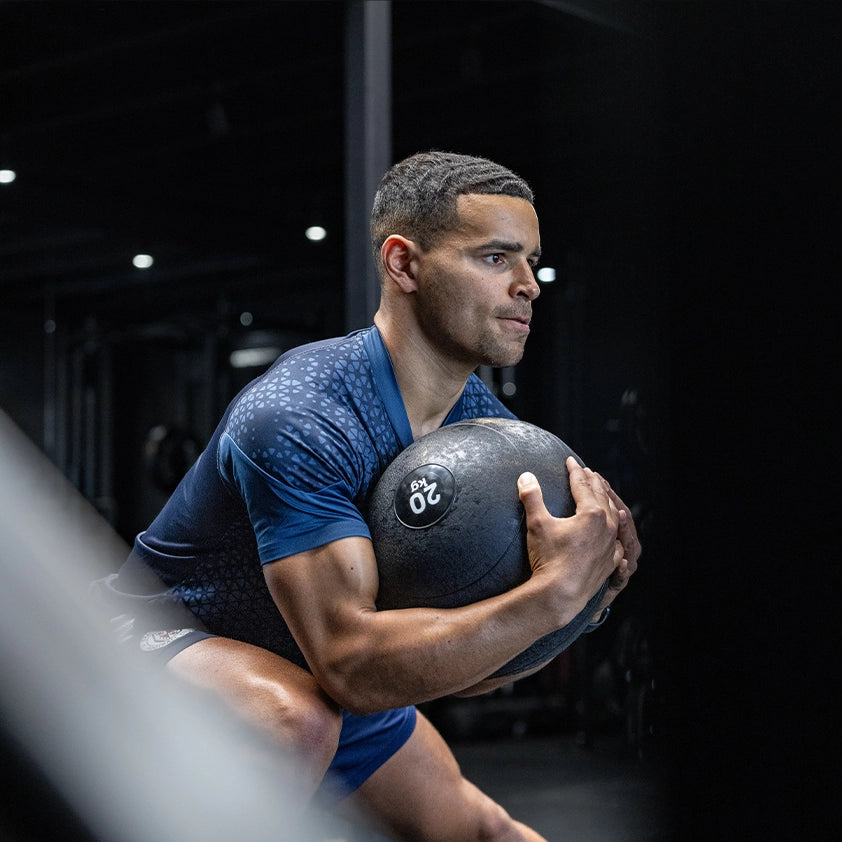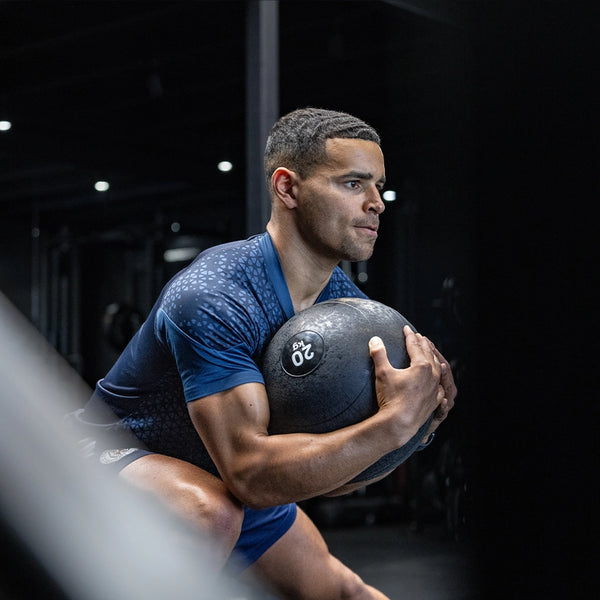The Key Components of a Successful Coaching System
Blog post written by: The IFBA
When making the move from PT to gym owner, you need to create a framework that drives consistency in programming and coaching across the facility.
Here’s how...
As a PT with a couple of dozen clients on your books, delivering effective programming doesn’t feel like a big deal. But increase your numbers significantly, or move into the highly profitable small group personal training model, and keeping track of a couple of hundred clients’ personalised programming is an impossible task.
A Coaching System creates a ‘how to’ guide for programming and coaching, whether you’re a one-man band, an independent gym owner, or a programming lead in a mainstream facility. Instead of treating clients on a case-by-case basis, this lays out a master plan to coordinate all the aspects of your programme – while still giving them a personalised, client-centric experience.
A Coaching System has the power to radically reduce admin time and improve client satisfaction for standalone PTs. For fitness managers leading a team of coaches, it’s nothing short of transformational.

It means that clients get the same great experience, every time they walk into your facility – whoever they’re training with.
- It allows you to take a methodical approach to programme design, setting programming objectives and taking a bird’s eye view of
- It enables you to test how well your programming is working, creating a feedback loop that keeps you on track for both solid client results and constant development for you and the team.
- It saves a shedload of time, effort, money, and stress that are wasted on a scattergun approach.
- Finally, because of all the reasons above, a Coaching System boosts the overall profitability of your business.
In this article, we’ll take a whistle stop tour through some of the components of an effective Coaching System. For expert guidance on how to create your own, check out the IFBA Advanced Coaching Course.
Coaching values
Your coaching values are a set of guiding principles and beliefs that govern your professional practice as a coach. These will have developed naturally over the course of your career (and before), but outlining them formally is a powerful way of creating a ‘North Star’ or ‘lighthouse’ for all of your decisions.
Training manifesto
Your training manifesto is your coaching values in action. It makes it very clear, in a series of simple distinct points, how you train.
It also communicates your approach to clients and colleagues, making sure everyone’s on the same page from day one. This provides the all-important consistency that’s crucial for a successful service business.
The training manifesto plays an important role in programming decisions; you can cross-reference and check your options to ensure that your approach remains consistent and reliable.
Finally it ensures that you’re training right for your demographic. Remember that most coaches will be training for gen. pop. fitness – members are looking to look and feel better, not join the circus or break the powerlifting record.
Programme blueprint
Your programme blueprint lays out the five elements of designing your programming framework. These are:
- Programme length
- Exercise frequency
- Manipulating variables
- Session template
- Training efficiency and density
The specifics of each of these will depend on your facility, your staffing setup, and the characteristics of your client population.

Progression and regression system
As coaches, we know that we need to be training the same fundamental movement patterns for everybody (we call these the Fundamental Nine) – but what that looks like will vary massively depending on the individual.
Where one person might be doing an assisted box squat, another might be performing heavy front squats. And in a small group or semi private format, you need a way to handle these variations without interrupting session flow (and obviously avoiding injury).
This is where the progression and regression system comes in. It does what it says on the tin: gives you a system which shows you the progressions and regressions for each of the Fundamental Nine at a glance. You create it in line with your training manifesto, and once it’s established, it gives you a consistent, safe, and effective way of delivering a single programme for a diverse group of clients.
Progress tracking system
Do you know how well your programming is working? If you do, how time consuming is the process of keeping track of this data?
A progress tracking system gives you important feedback on the success (or otherwise) of your programming and coaching approach. Exactly what this looks like will vary, but it’s generally a mix and match of some of these elements:
- Session performance
- Attendance
- Gym standards and testing
- Fitness tracking devices
- Movement quality
- One-to-one reviews
- Body composition
The important question to ask is:
How can I get the maximum return on the time and energy I put into tracking client progress?
Although some techniques may track progress very closely, they may not be the best overall choice when the entirety of the client experience is taken into account. If we religiously record session performance, for example, this may allow us to track client progress accurately – but at what cost? Could the time and energy we spend doing this be better applied elsewhere?
Drawing all the elements of your Coaching System together into a coherent document that you can use for reference or share with your staff is a powerful way of making sure that the client experience is outstanding, every single time a client joins a session.
In turn, this drives member results, client retention, staff fulfillment, and long-term profitability for the whole business.
Are you an ambitious PT or fitness business leader looking to level-up your coaching approach with the small group personal training model?
Become an expert in programme design, hone your session management and create an outstanding member journey with the IFBA Advanced Coaching Course.















